Since the beginning of the COVID-19 pandemic, community police in Iraq’s Diyala province have helped implement security measures dictated by the Crisis Cell, a unit that was established by the central government after the outbreak of COVID-19 to combat the spread of the virus across all provinces. One of the measures implemented by the police was the closure of main and secondary roads to reduce traffic and minimise the spread of the virus.
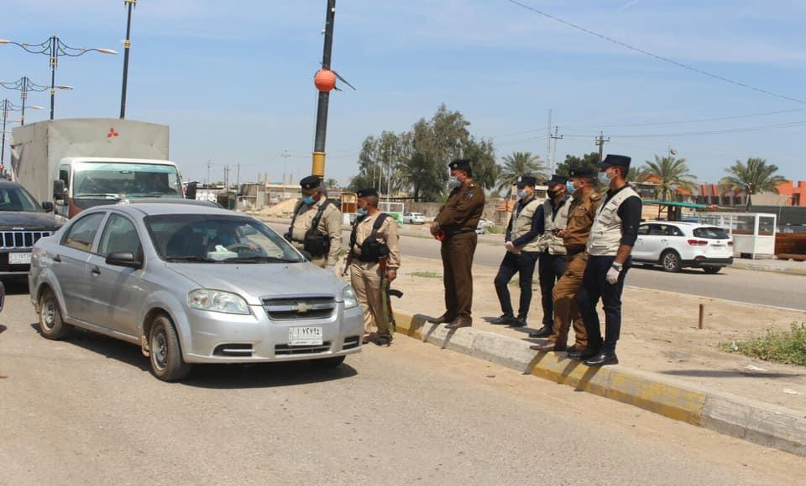
Community police have also launched campaigns to raise awareness about the dangers of COVID-19.
They have distributed leaflets explaining key preventative actions and spoken to community members on practical methods to reduce the spread of the virus.
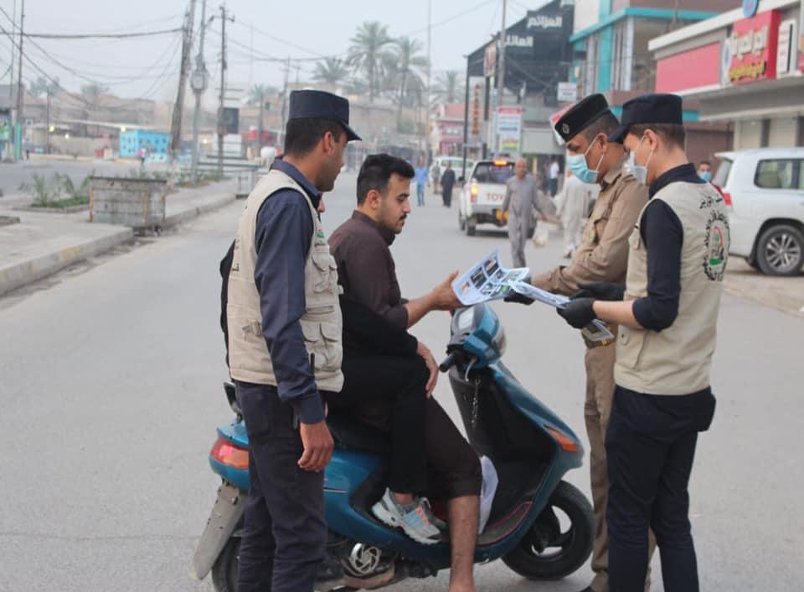
The police have not only worked to maintain security and raise awareness, but have also organised a number of community events with frontline medical staff.
Among the activities organised by the community police was the “Health Tent” in Baqubah, Diyala, in cooperation with the Governorate Health Department. The event included the distribution of medicines and health sup-plies as well as haircuts for children and men.
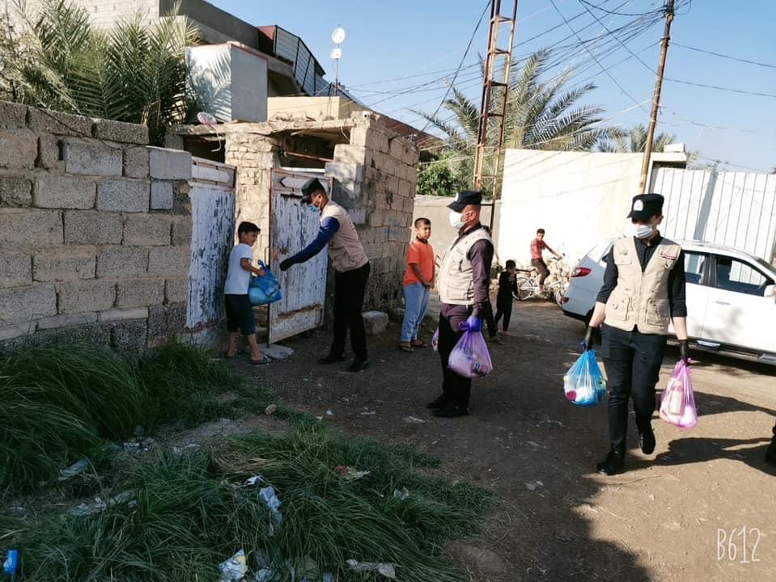
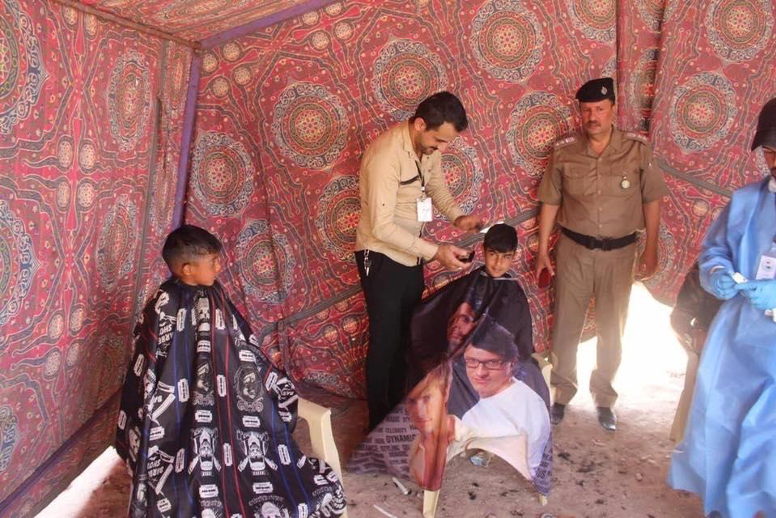
Community police have also played a major role in fundraising campaigns and the distribution of food baskets to vulnerable community members. During the month of May, the police distributed 1,600 food baskets to families most impacted by the pandemic. In the Ghajar area near Al-Katun, for example, the police also distributed 60 cans of infant formula as well as 40 food baskets.
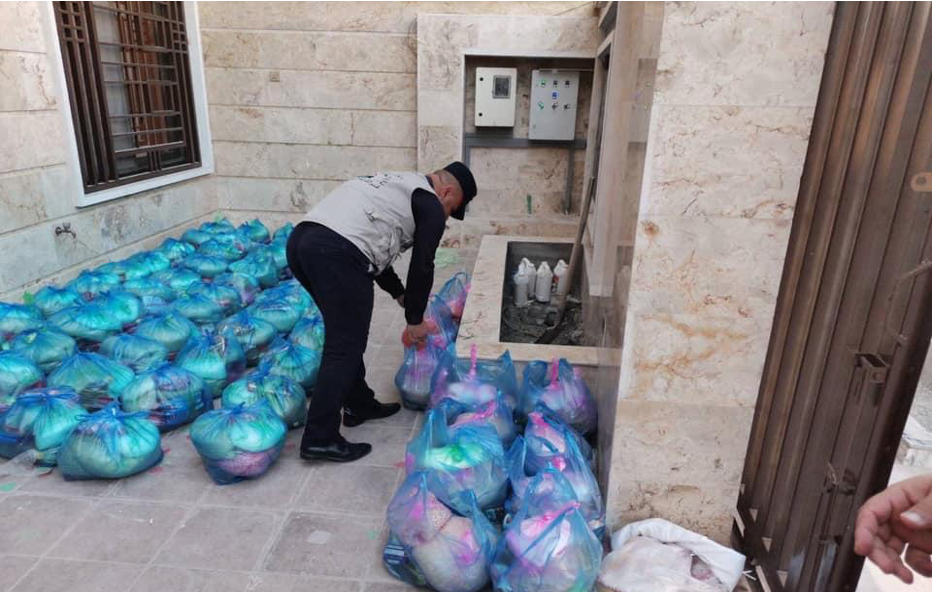
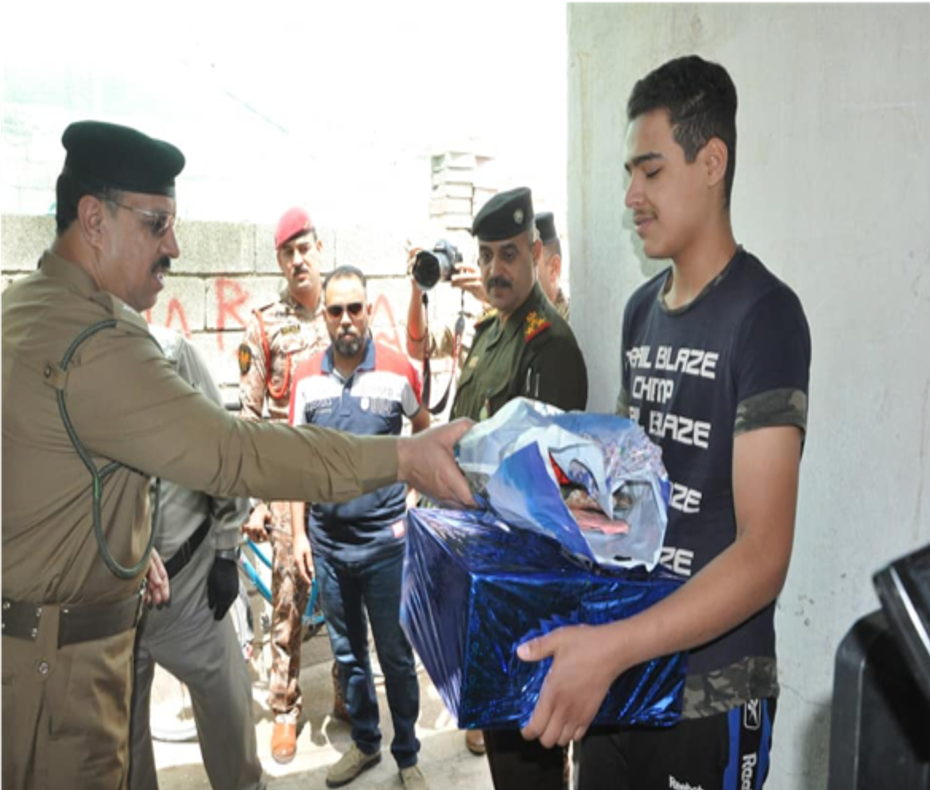
Through these activities, the police have been able to show what a difference they make. And in working closely with local communities – and the health department – they might just be tipping the balance in preventing the spread of the virus.

